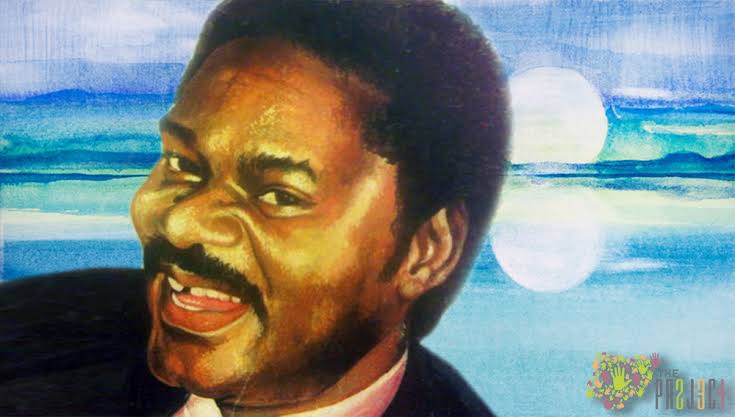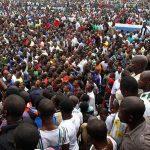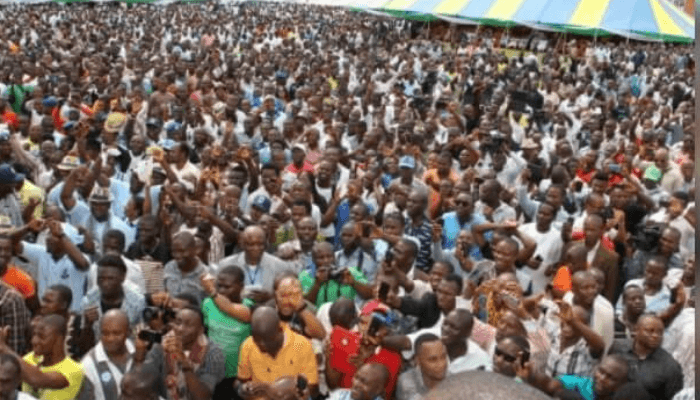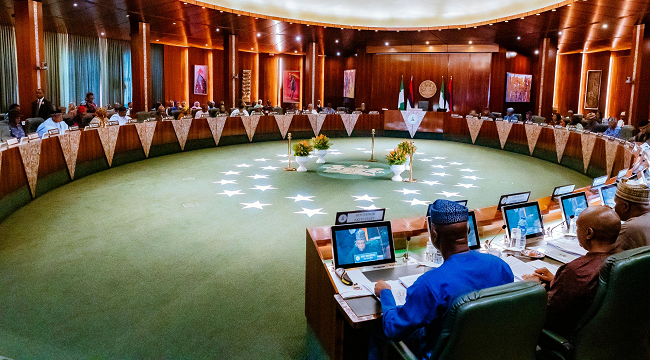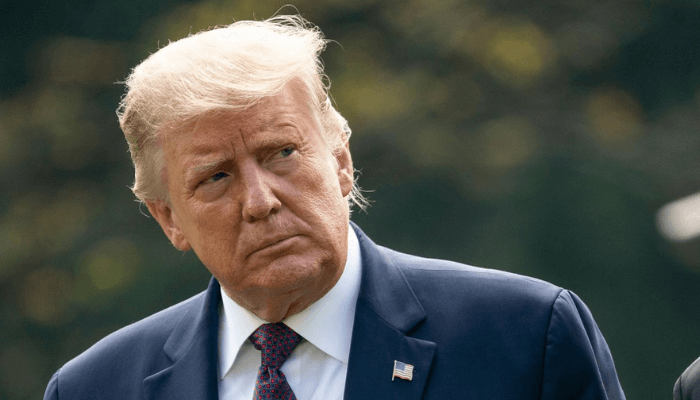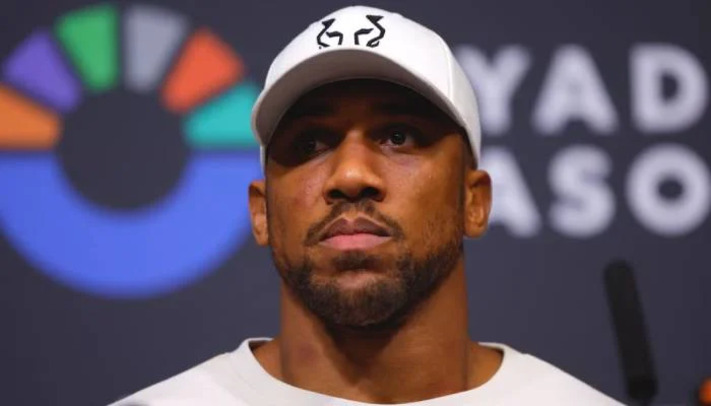Bayo had lost his dear sister, and he was devastated. He wanted his friends’ round to celebrate her life with the family. There would be a church service, followed by the burial proper, and then a reception going into the evening.
Bayo is a professor of English, a master craftsman of the written word, and a deft player behind the scenes in the miasma of political intrigue in Nigeria. He writes a weekly column in a major newspaper that is seen as highly authoritative, and a gathering point for aficionados and insiders on the “progressive” side of the political spectrum. He is passionate and deeply involved. Once in a while you meet up at the lounge in Ikoyi Club to catch up, eat “moin-moin”, and worry about the situation of the country, and the vicissitudes of Yorubaland.
Time was tight on this Friday, and your plan was to put in only the most fleeting of appearances.
As you arrived the hall, you found Bayo’s circle seated around a table in the corner. The table was heavily cluttered with drink and viands. The banter was loud. Bayo rose to welcome you, beaming. From under the table he brought out a bottle of Bordeaux and you got cracking.
In the programme booklet, there was a touching tribute he had penned to his deceased sister Wuraola. He spoke of his fond memories of their growing up together. He remembered her sense of humour, and her generosity of soul. As a particular example of this, he recalled that he, an outlier from the beginning, at a point ended up in the same class with her, though she was seven years his elder.
For many siblings that would have been the foundation of envy and a life-long resentment. But his own sibling Wuraola took it with aplomb, remarking that every family must have its own stars. He would forever cherish her memory.
The exchanges across the table were feisty and not always friendly. Some of the humour was decidedly vicious. The beer, wine and assorted spirits seemed to be going down very fast.
Bayo, sitting next to you, whispered in your ear. “Most of them were ‘Capones’ in University… Because people always saw me with them when we drank and hung out, they thought I was one of them.” He indicated the one who sat on the other side of him. “That one – Lobo – he was the Capone of Capones.”
Memories came in a flood – your friend Dele Giwa – the editor who carried your first newspaper column, the parcel bomb that killed him, and the eyewitness who ran hotfoot to London to escape the real risk of someone coming back to “mop up.” An unfinished chapter in Nigeria’s turbulent history
You looked round at the men at the table with a new respect. A former Lagos commissioner. A retired ambassador. A man with whom you had been permanent secretary. A two-term member of the house of representatives. BJ – publisher and scion of a foremost icon of Nigerian journalism. Otunba – a well-known champagne mogul.
Bayo continued to whisper in your ear, seeming to derive pleasure from “snitching” on his friends. “One day, Lobo fell into a drunken stupor in the night in the communal bathroom in his hall in Unilag. When the cleaners arrived in the morning and found a body lying on the floor, they thought he was dead and raised a shout, drawing a crowd. The noise woke him, and he calmly wrapped his towel around his naked body and walked through the crowd back to his room.” Later “Lobo” himself would catch your eye, his faces glistening with baleful humour.
“That fellow there – he indicated another one of the friends with the point of his bushy beard,” he says, “he was in the House of Reps. Ask him how many times he got up to speak on the floor of the House.”
It was clear from his appearance that he had survived a devastating stroke. But his heart was robust and his appetite for life gargantuan. He was freely mixing wine and beer and quaffing everything.
You had a fleeting sense of déjà vu, watching these highly accomplished former student radicals, who had now become “Establishment”. They had been-there, done that.
You could see Omoyele Sowore, erstwhile student hellraiser like this lot, 10 years hence, beyond his present travails with the DSS, sitting among a similar crowd, already himself “Establishment”.
Bayo was a fascinating enigma and his life-story, if it were written, would read like a thriller. His father nicknamed “JB Ekun” was a pillar of “Opposition” in Gbongan, and a strong ally of Adelabu “Penkelemesi” – the colourful and brilliant Ibadan politician. After the troubles of 1966, his house was burnt down and his business destroyed. He was exiled to Ile Ife by the townspeople. His brilliant son, Bayo had his scholarship withdrawn in the local school. Unable to continue, he had to leave for Lagos at fifteen to fend for himself. He would walk from Igbobi daily to the public library at CMS to study, untutored.
Later, taking up a job at the Tribune, in Ibadan, he would discover “Awo-ism” and a gut-passion for “progressive” thinking and action. Later still, a famed academic, grown in Ife University, with name-recognition across the world, he would be invited to deliver the keynote address at a gathering to honour Obafemi Awolowo. As he set out to give the lecture, his father watched him silently, tears rolling down his cheeks.
You got up to depart, feeling a slight haze from two glasses of Bordeaux. The quiet man across the table got up to leave too. He had been smiling benignly all the while.
Bayo introduced him. “Kayode Soyinka.”
Memories came in a flood – your friend Dele Giwa – the editor who carried your first newspaper column, the parcel bomb that killed him, and the eyewitness who ran hotfoot to London to escape the real risk of someone coming back to “mop up.” An unfinished chapter in Nigeria’s turbulent history.
You shook hands, glad to make his acquittance.
You remembered to say a short prayer for the soul of Wuraola – a great lady, from all accounts.




